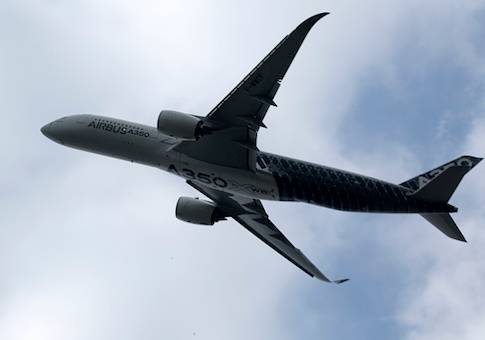The Chinese have increased their investment in the U.S. commercial aircraft sector in the last decade, raising concerns that this may undermine America's national security, according to a RAND Corporation report commissioned for the U.S.-China Economic and Security Review Commission.
Since 2005, the Chinese have merged with or acquired 12 U.S. aviation companies, created three joint ventures, and gone into nine other agreements or failed deals. According to the report, this averages to about one or two investments in U.S. aviation a year.
"Over the past decade, Chinese investors have ventured outside of China by acquiring U.S. aviation companies, previously unheard of given that most investment was into China," the report states. "Although the [Committee on Foreign Investment in the United States] or export controls appeared to have been followed in all cases, these investments raise concerns of inadvertent technology transfer that might undermine U.S. national security and competitiveness."
While Chinese investment is primarily involved with general aviation, which has less advanced technology and does not pose competitiveness challenges, China's policy is still aimed at advancing global competitiveness through aviation. China is focused on developing a globally competitive aviation industry and has a goal of producing a large commercial aircraft and expanding its general aviation market. According to the report, this is where concern should be focused.
"Concerns about U.S. competitiveness should remain centered around C919-related joint ventures or future Chinese [large commercial aircraft] designs, such as wide-body aircraft development with the Russians," the report states. "Concerns about U.S. national-security issues should remain focused on espionage, cybercrime, and illegal technology transfers."
In the short-term, the report notes that U.S. competitiveness will likely not be threatened because of a potential Chinese large commercial aircraft—the effort may be delayed, and there is a chance it will operate less efficiently.
"However, some experts remain concerned about the transfer of engine or avionics technology through COMAC C919 joint ventures with Western companies; others think technology transfers are unlikely given U.S. export controls," the report states.
"A more competitive civil aviation industry broadly supports Chinese military action," the report states. "However, direct military implications are minimal because advanced commercial-aviation technology differs from military-aviation technologies."
